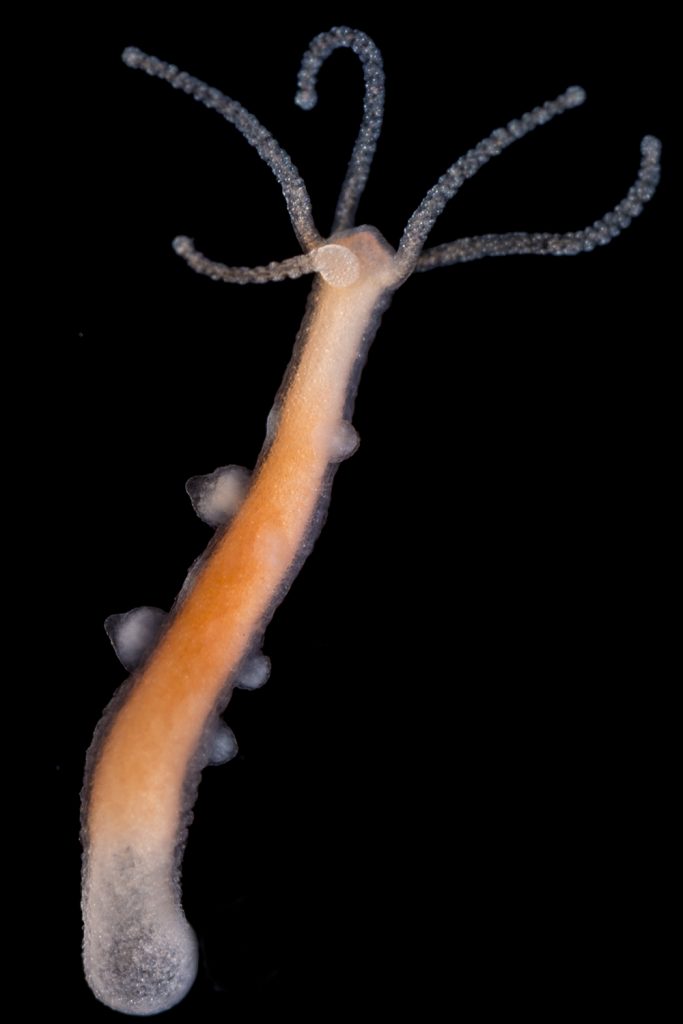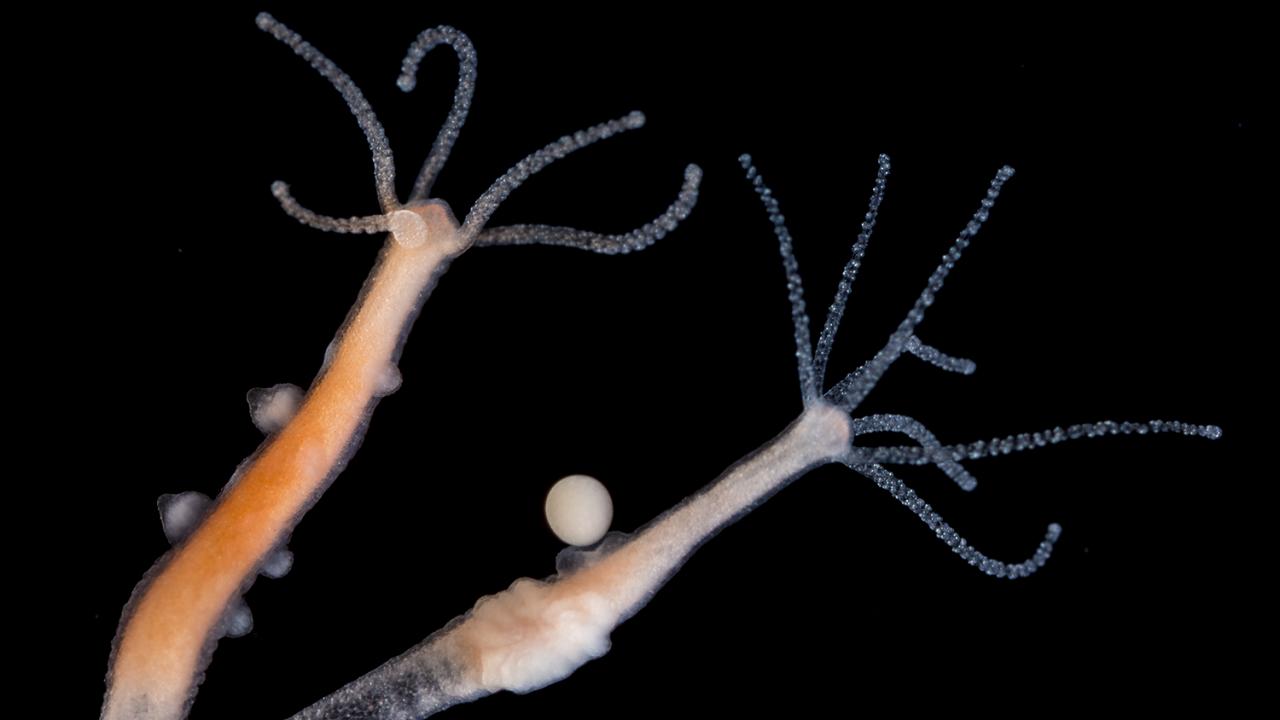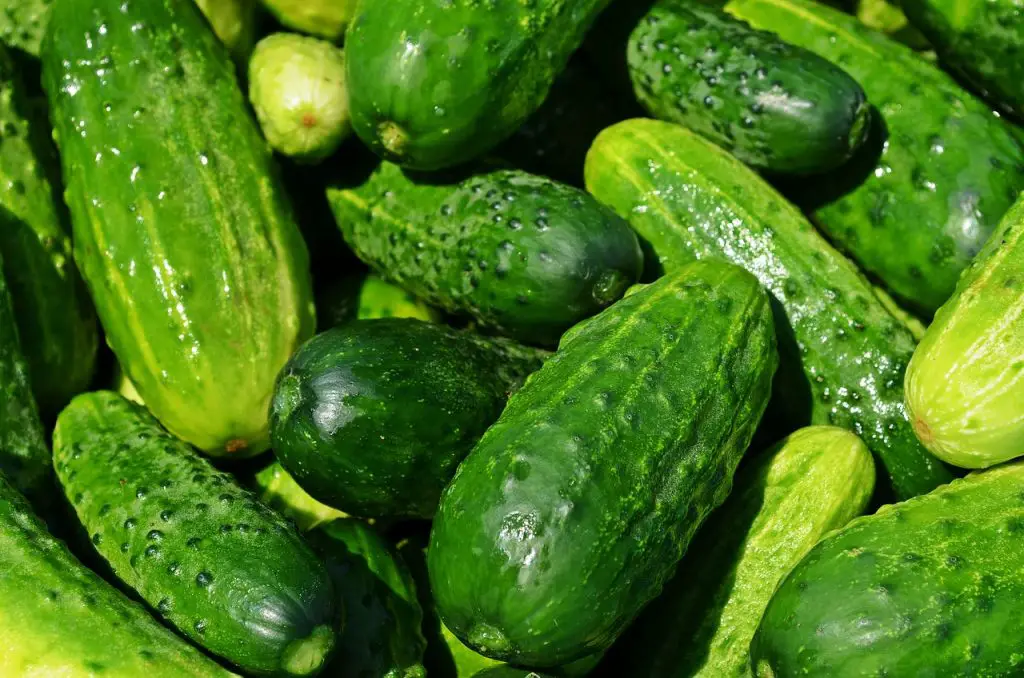 ince the earliest ages when humankind was able to educate itself, we have searched for immortality. Time is the one resource we lack due to our genes aging over time. Leonard Hayflick was the first biologist to understand the aging process within organisms as well as give sounding explanations as to why we have an average life expectancy.
ince the earliest ages when humankind was able to educate itself, we have searched for immortality. Time is the one resource we lack due to our genes aging over time. Leonard Hayflick was the first biologist to understand the aging process within organisms as well as give sounding explanations as to why we have an average life expectancy.
We all want to live forever if possible despite the cruelties of our world and the study of biology had shown that there is little to no potential for humans to reach immortality, until the discovery of a microscopic underwater animal named by experts as Hydra. Although biologists knew of their existence for quite some time, they have never been thoroughly studied until 2015 when their incredible characteristics have been acknowledged.
A never-dying species
Hydra, which measures just millimeters in length, are studied by biologists for their regenerative capabilities and uncharacteristic longevity. The name has been given based on a character from Greek mythology called the hydra, a reptile with multiple heads. The legend says that this mythical beast is also immortal, every time a warrior would cut its head two more would grow in its place. This is also known as the “hydra effect” where scientists have proposed that ecological systems can exhibit a hydra effect when “a higher death rate in a particular species ultimately increases the size of its population”.

The immortality presented by this microscopic animal is different and arguably even better. The scientific name for this species is freshwater polyps who are able to live forever because their organisms do not age. What further increases their capability of being an immortal species is that they are always fertile, meaning that they can always reproduce even to infinity.
With age, every female organism has its fertility decrease as age increases. A study that began in 2007, had analyzed 2,256 hydras over a period of 8 years. The first incredible analysis was that none of the subjects showed any signs of aging. Usually, microscopic animals tend to live for a maximum of 2 years, but most species usually have a lifespan of 3 months.
Another aspect was that through this long period of time, 86% of the subjects remained fully fertile. The scale that was used to analyze the immortality of this species was to see its sustainability over a long period of time. Any other species of microscopic animal would have perished in a contained study with an increased rate of death and a decline in fertility with greater age.
Escape Aging
A similar study on the same species was done in 1998 by Daniel Martinez, a biologist who also took part in this study had very different results because of the poor conditions the subjects were held over time. Within this recent study, the biologists made sure that the hydras had perfect living conditions or were as close as possible to their natural habitat. The results have made the experts come to solid conclusions:
“I do believe that an individual hydra can live forever under the right circumstances,” (Quote by Daniel E. Martinez)
The simple body plan of this organism compiled with the constant and rapid cell turnover does not really make sense from a biological perspective. The experts have named the biological characteristics represented by the hydra as no senescence (negligible senescence) that are feasible based on the results of the study. The simplicity of this organism may be an illusion of its extraordinary complexity which will take scientists years of study in order to break this biological code.
In this instance, I do not think it is a problem with the lack of knowledge within the field, but the lack of adequate technology required to analyze microscopic animals in more depth. Although in a scientific paper published in 2019 there is a strong argument presented that shows why there is a slow evolution of technological advances for the analysis of microbial organisms.
Could the biological code of this organism lead us to become immortal? The better question in my opinion is if we truly want to be immortal given present-day prospects. Would you like to be immortal?
Avid Writer with invaluable knowledge of Humanity!
Upcoming historian with over 30 million views online.
“You make your own life.”





